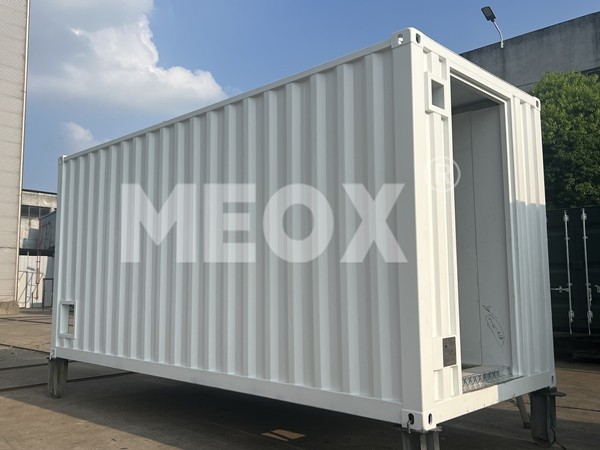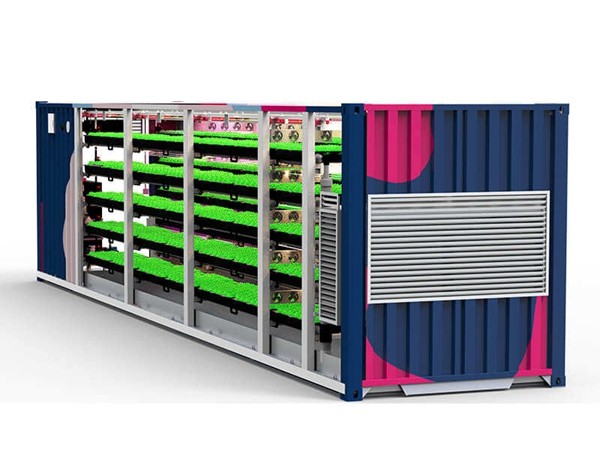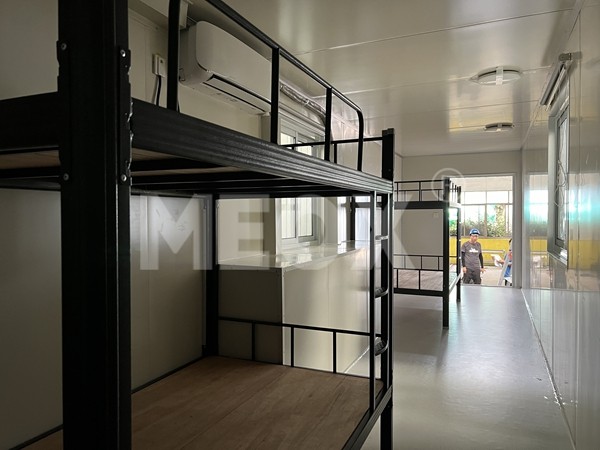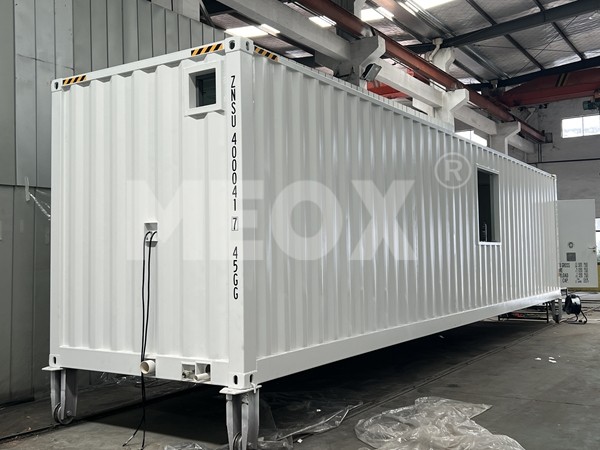Power equipment containers have emerged as a crucial component in various industries, supporting seamless operations by ensuring the safe transportation, storage, and protection of essential equipment. These containers are engineered to offer enhanced durability and versatility, meeting the demands of a wide range of environments—from construction sites to remote energy installations. For companies looking to invest in power equipment containers, understanding their features, benefits, and considerations can significantly impact their operational efficiency and project success.
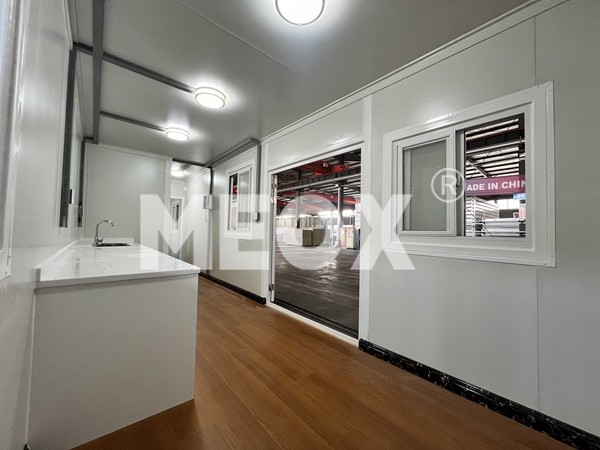
One of the critical advantages of power equipment containers is their robust construction. Typically made from high-quality steel, these containers provide formidable resilience against harsh weather conditions, physical impacts, and even theft. This makes them an ideal choice for industries operating in volatile or remote regions where equipment protection is paramount. The weatherproof nature of these containers ensures that the equipment remains dry, clean, and operational, thus reducing downtime and maintenance costs.
Customizability is another hallmark of modern power equipment containers. Companies can tailor these containers to their precise needs, incorporating features like climate control systems, power management solutions, and secure locking mechanisms. These customizable options are essential for industries with specific environmental or security requirements. For example, in sectors such as renewable energy, where precise temperature control is crucial for operational efficiency, having a container with integrated HVAC systems can optimize equipment performance and longevity.
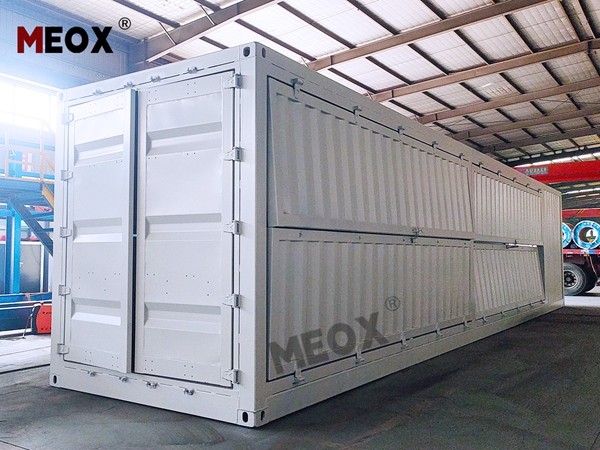
In addition to protecting and enhancing equipment functioning, power equipment containers facilitate logistical operations. They are designed to be easily transported by various modes, including trucks, trains, and ships, making them indispensable for projects that require frequent relocation of equipment. Their standardized sizes ensure compatibility with logistical frameworks globally, thus simplifying the process of international transport and compliance with regulatory requirements.
While the benefits of power equipment containers are clear, selecting the right container involves careful consideration of several factors. Firstly, understanding the specific needs of your equipment is crucial. Assess factors such as the size of the equipment, its sensitivity to environmental changes, and the frequency of transport. Secondly, evaluate the long-term durability and maintenance requirements of the container. Investing in a high-quality, low-maintenance container can lead to significant cost savings over time.power equipment container
Moreover, consider the provider’s expertise and track record in the industry. A reputable supplier will not only offer high-quality products but also provide valuable insights and support throughout the buying process. It’s essential to partner with companies known for their innovation, quality assurance, and customer support to ensure that your investment in a power equipment container yields maximum benefits and reliability.
Sustainability is an emerging trend in the power equipment container market. Many manufacturers are now focusing on eco-friendly production processes and materials. Companies that prioritize sustainability can benefit from reduced environmental impact and enhanced corporate reputation. Choosing a sustainable container not only aligns with global environmental goals but also appeals to stakeholders who value corporate responsibility.
For those seeking expert insights into power equipment containers, consulting with industry professionals and visiting trade shows can provide a wealth of knowledge. Engaging with experts allows businesses to stay ahead of the latest trends and technological advancements. Furthermore, attending industry conferences offers networking opportunities with peers and potential partners, fostering relationships that can enhance strategic initiatives.
In summary, power equipment containers are not just storage units; they are strategic assets that can significantly enhance operational capabilities. Their durability, customizability, and logistical benefits make them indispensable across various sectors. Companies should prioritize selecting containers that meet their specific needs while considering the supplier’s expertise and commitment to sustainability. Through informed decision-making and strategic investment, businesses can leverage power equipment containers to achieve superior operational efficiency, cost savings, and environmental contributions.


